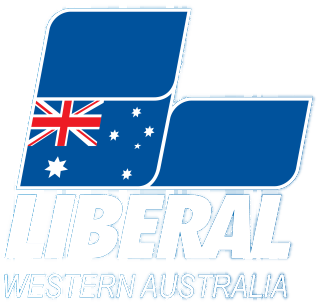There is more truth to Opposition Leader Peter Dutton’s claim last week that the prime minister is setting up the Indigenous Voice to parliament referendum to fail than many care to acknowledge.
Australia’s history with constitutional referendums is well known – since federation in 1901, 44 referendum proposals have been put to the vote and just eight have succeeded.
On each occasion when the ‘Yes” vote has won, it has been carried in all six states.
None of the eight referendums since 1977 has been successful, making it almost five decades since Australians last felt it necessary to amend our founding document.
But there is one historical fact that is less talked about.
And it lies at the core of Labor and Anthony Albanese’s capacity to deliver a successful referendum outcome this year.
Despite the Australian Labor Party having been in existence for more than 120 years, and having governed nationally for about a third of that time, it has only ever secured one successful referendum outcome.
Of the eight referendums that have passed, two were carried in the first decade following Federation, proposed in 1906 and 1910 by the anti-Labor Governments of Alfred Deakin.
It was not until 1928 that the next successful referendum was held, ending the system of per capita payments made to states by the Commonwealth.
The proposal, put by prime minister Stanley Bruce’s government, also restricted the ability of each state to borrow for its own development.
Labor enjoyed its first and only successful referendum 77 years ago, in 1946.
It transferred to the Commonwealth the power to legislate on a range of social welfare matters.
The ‘Yes’ vote nationally was 55.4 per cent, still significantly lower than the support shown for the seven other successful referendums.
It is worth noting that on the same day in 1946, Australian voters rejected Labor prime minister Ben Chifley’s two other proposals.
Labor failed again in 1948, when the Chifley government attempted to amend the Constitution to gain control over rents and prices.
Even Labor icons Gough Whitlam and Bob Hawke could not muster enough confidence and trust from Australian voters to achieve constitutional change.
The Whitlam government’s 1973 proposals regarding prices and powers to legislate on income received a rejection of historic proportions, with no majority support in any state. Another four referendums were defeated in 1974.
Under Bob Hawke, no less than six unsuccessful referendums were put to Australians.
Then there was Labor’s referendum that wasn’t. Its dismal record on constitutional reform is capped by the aborted 2013 referendum on local government recognition.
In May that year, then-prime minister Julia Gillard committed to holding the referendum simultaneously with the federal election on 14 September.
The Constitution Alteration (Local Government) Bill 2013 was passed in June and the official ‘Yes’ and ‘No’ cases were submitted to the Australian Electoral Commission, but the referendum was abandoned with the return of Kevin Rudd and the election was brought forward to 7 September.
It was later characterised by the University of NSW Law Series as “an elite driven process” suffering deficiencies including “poor public engagement, government delay and mishandling and the failure to justify a funding allocation that gave a massive advantage to the ‘Yes’ campaign”.
As local government minister at the time, Anthony Albanese doubtless still carries the scars of this ramshackle reform pitch – not to mention the profound disappointment of the many local councils across Australia who had put their faith in him.
So, history is not on Labor’s side when it comes to referendums. The prime minister’s rebuke that Dutton, in reasonably requesting further detail on the Voice proposal, is playing “cheap culture war stunts” is simply camouflage from Labor’s underwhelming track record on constitutional change.
It is a point Uluru Dialogue co-chair Megan Davis concedes in her book Everything you need to know about the Uluru Statement from the Heart (co-written with George Williams), observing that Labor’s referendum success rate of just 4 per cent “contrasts unfavourably” with that of Australia’s non-Labor Governments.
No wonder, then, that Anthony Albanese has repeatedly said that he “doesn’t want it to be the government’s proposal”.
